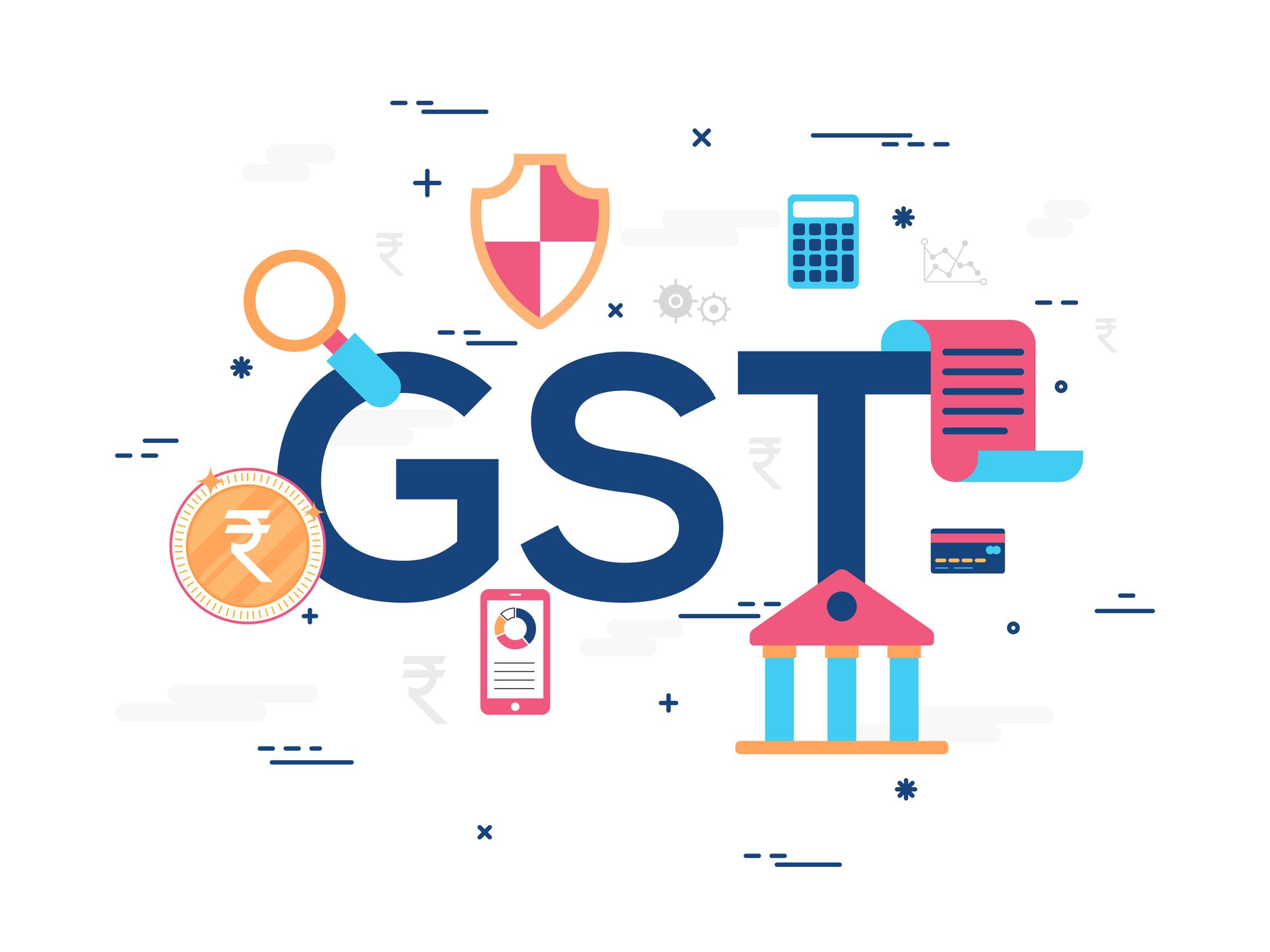Comprehensive Guide to the Best GST Registration Services in Singapore
Comprehensive Guide to the Best GST Registration Services in Singapore
Blog Article
From Start to Finish: The Ultimate Roadmap to GST Enrollment for Services Seeking Financial Stability
Browsing the intricacies of Goods and Provider Tax (GST) registration is a crucial step for businesses pursuing monetary security. From comprehending the basic concepts of GST to adhering to post-registration guidelines, the process can seem discouraging in the beginning look. Damaging down the roadmap into manageable actions can enhance the enrollment trip for businesses looking to improve their economic standing. Allow's explore the important components that compose this supreme roadmap and find how each phase adds to laying a strong structure for financial success.
Recognizing GST Basics
Digging into the basic principles of Item and Solutions Tax Obligation (GST) is essential for acquiring a detailed understanding of its ramifications on organizations and the economic situation. GST is a value-added tax levied on a lot of items and solutions for domestic intake. It has actually replaced numerous indirect tax obligations that existed in the pre-GST era, streamlining the tax obligation structure and boosting ease of doing company in India. Under the GST system, both services and goods are exhausted at a particular rate, which is established based upon their classification. If their yearly turnover surpasses the threshold restriction set by the federal government, services are called for to register for GST. Input Tax Credit (ITC) is a substantial function of GST, permitting companies to assert credit score for taxes paid on inputs, lowering the overall tax obligation burden. Comprehending the essentials of GST is important for businesses to abide by tax obligation guidelines, manage their financial resources successfully, and contribute to the country's financial development by joining a clear tax obligation system.
Qualification Requirements for Enrollment
As of the existing policies, the threshold restriction for GST registration is a yearly accumulation turnover of 40 lakhs for organizations operating within a state, other than for special classification states where the limit is 20 lakhs. In addition, certain organizations are needed to register for GST regardless of their turnover, such as interstate suppliers, laid-back taxed persons, and services liable to pay tax under the reverse cost mechanism. It is crucial for services to thoroughly analyze their turnover and deal types to determine their GST registration commitments properly.
Records Required for Registration
Having actually met the eligibility standards for GST enrollment, companies must currently ensure they have the requisite documents in place to proceed with the registration process successfully. The papers needed for GST registration normally consist of proof of business constitution, such as partnership action, registration certificate, or unification certificate for various kinds of services. Additionally, services need to supply documents developing the major place of organization, such as a rental agreement or power expense.
Step-by-Step Enrollment Refine
Commencing the GST enrollment procedure involves a series of organized actions to ensure a certified and seamless registration for organizations. The primary step is to visit the GST website and complete the registration kind with accurate details of the service entity. Following this, the candidate receives a Momentary Referral Number (TRN) which is made use of to resume the application process if it's not completed in one go.
Following, all called for documents according to the list given by the GST portal need to be published. These papers generally include evidence resource of service address, enrollment and identification proofs of promoters, monetary declarations, and organization entity's frying pan card.

Post-Registration Conformity Guidelines

Conclusion
Finally, companies seeking financial stability must recognize the basics of GST, meet eligibility standards, gather needed records, adhere to the detailed registration procedure, and comply with post-registration standards - Best GST registration services in Singapore. By sticking to these actions, businesses can make certain compliance great post to read with tax obligation policies and maintain monetary security over time
Furthermore, specific services are required to sign up for GST irrespective of their turnover, such as interstate suppliers, informal taxed persons, and organizations accountable to pay tax obligation under the reverse charge device.Having fulfilled the eligibility criteria for GST enrollment, businesses must currently ensure they have the requisite records in location to continue with the registration procedure effectively. The documents needed for GST registration usually include evidence of business constitution, such as collaboration action, registration certification, or unification certificate for various types of businesses. In addition, services need to provide records developing the principal location of company, such as a rental agreement or electrical power bill.Starting the GST registration procedure involves a collection of structured actions to ensure a compliant and smooth registration for businesses.
Report this page